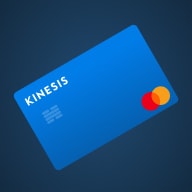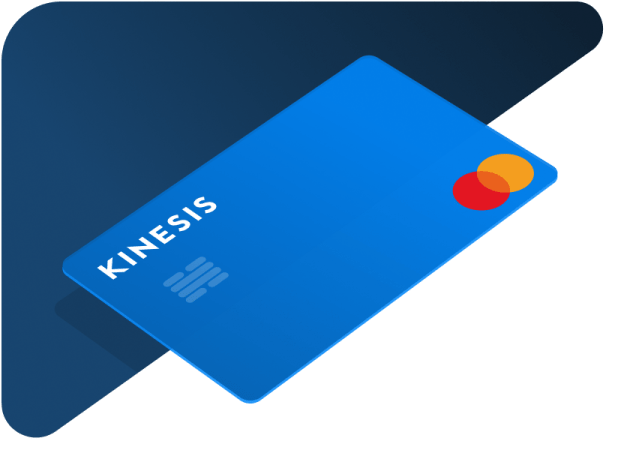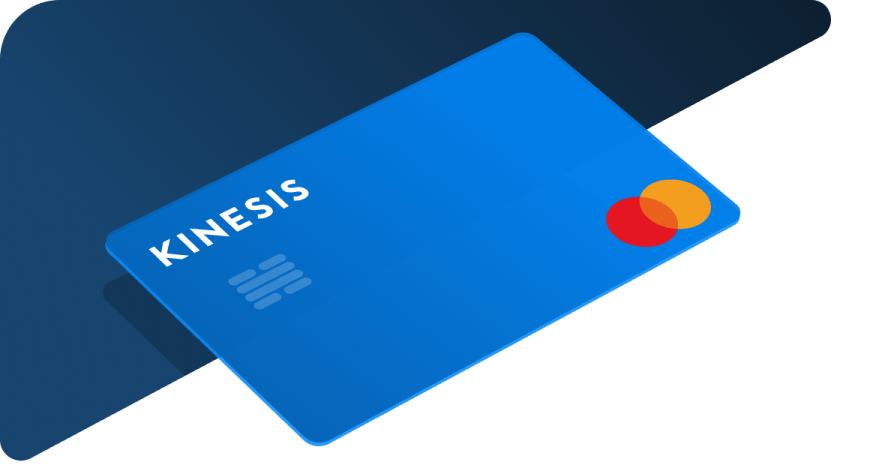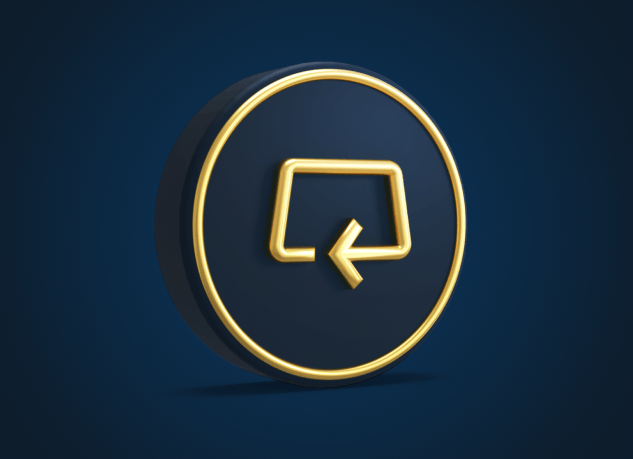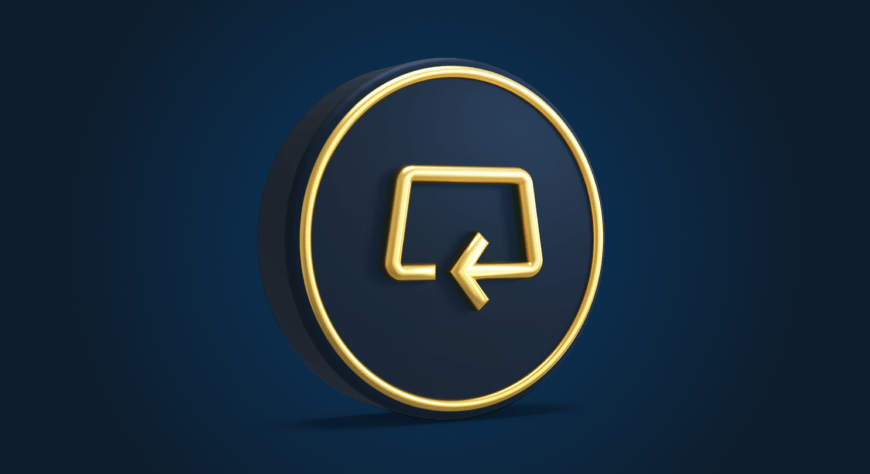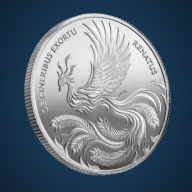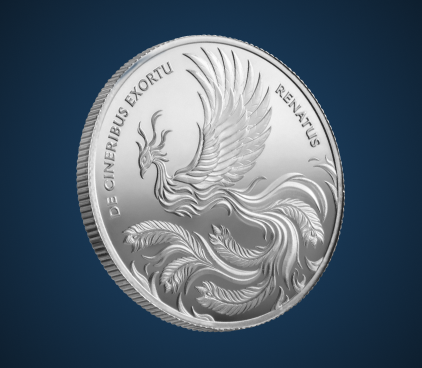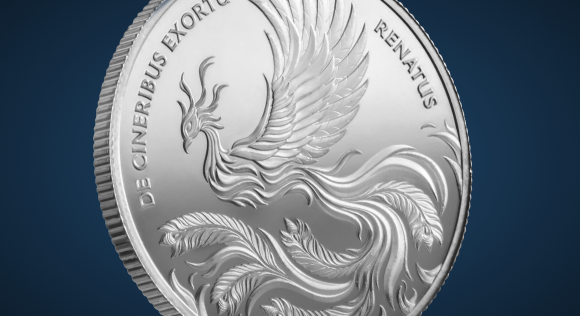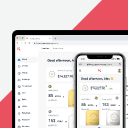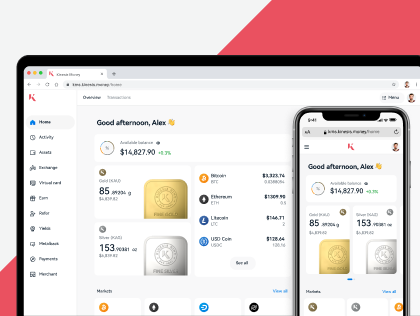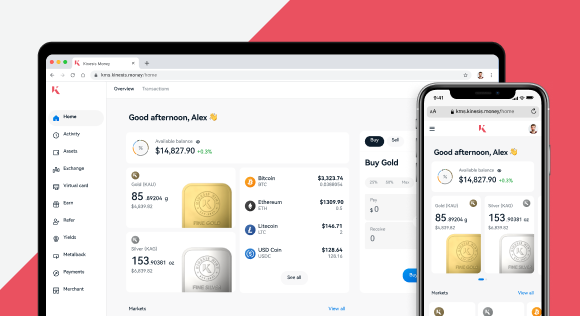You have probably heard of buying and selling Bitcoin and other cryptos on peer to peer networks. But do you know what exactly is crypto mining?
In simple terms, crypto mining is gathering cryptocurrency through solving cryptographic equations through a computer system. Data blocks are validated, and transactions are added to the blockchain ledger, otherwise known as a public ledger.
Still sounds complicated? Want to know how Bitcoin mining actually works? To fully understand the purpose of virtual money mining, we must learn how cryptocurrency is processed through decentralised financial institutions.
Traditional and Decentralised financial markets
We are all familiar with traditional financial institutions like for example banks. Banks and brokerage firms have a central authority that maintains an up-to-date ledger. The ledger is regularly verified, logging every transaction passing through the system, including cash transfers and processing cheques. Everything is stored in a centralised public register.
Cryptocurrency works differently, with the ethos of its origins wanting more freedom and anonymity away from a central authority. This means the Bitcoin network can connect anyone and send and receive payments without going through a bank.
This means that instead of a central authority validating ledger entries, cryptographic equations are used to verify transactions.
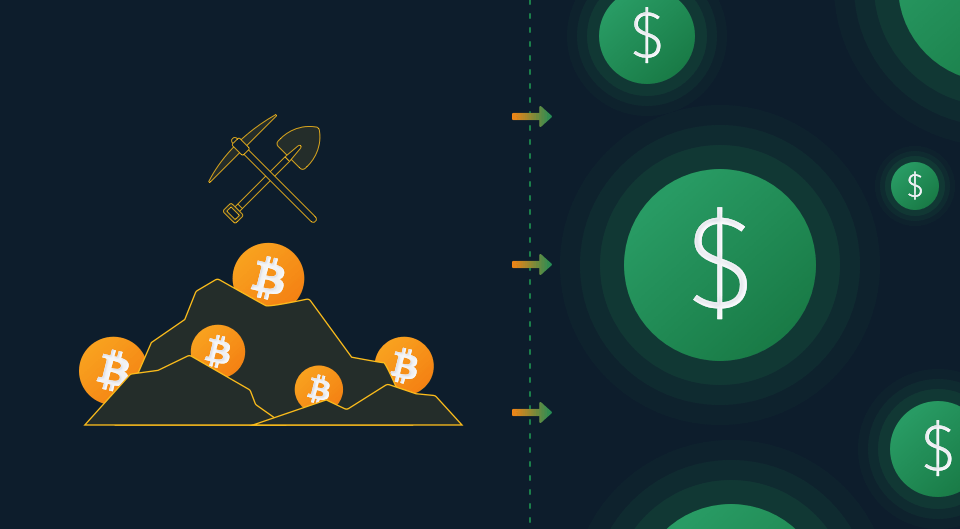
How to earn money from Bitcoin mining?
This is where cryptocurrency miners are needed. Their job is to verify the validity of transactions by performing the cryptographic equations for each transaction. This involves a lot of time and work, as well as computing power – this is the simplified recipe for mining crypto.
Miners receive a small amount of Bitcoin (or whatever digital currency they are mining) as a reward. How much you can earn mining Bitcoin depends on your equipment, resources and the amount of work you’re willing to put in.
Established cryptocurrencies like Bitcoin use a system they call blockchain. To understand Bitcoin mining, you must be able to understand the different components of a blockchain.
How does crypto mining work?
Before you invest in cryptocurrency mining or start mining Bitcoins, it’s a good idea to break everything down from the beginning.
A Bitcoin Blockchain consists of:
- Nodes – Individuals and devices within the blockchain such as your computer and other computers connected to you.
- Miners – specific nodes who are responsible for validating blocks of transactions by verifying the hashes.
- Transactions – Exchanges of digital currency between two parties, which starts the mining process. Transactions are added to data blocks that need to be looked over by miner nodes.
- Hashes – One-way cryptographic (mathematical) equations that allow nodes to validate the cryptocurrency mining transaction. Header data from the previous data block is paired with a nonce and a hash is generated.
- Nonces – a number only used once that gets added to the hash in each data block of the chain.
- Consensus algorithm – Blockchain process that allows various notes within a network to come to a consensus when verifying data. The first type of algorithm to note is proof of work, a mechanism, which stops users from double-spending their coins.
- Blocks – Individual sections of the blockchain that contain completed transaction information. Blocks that have already been confirmed cannot be modified. It is said blockchains generate new blocks roughly every 10 minutes.
- Blockchain – A collection of blocks listed in chronological order.
Of course, there are many different types of cryptocurrency out there, however Bitcoin is an easy one to look at to really understand the mechanics of mining.
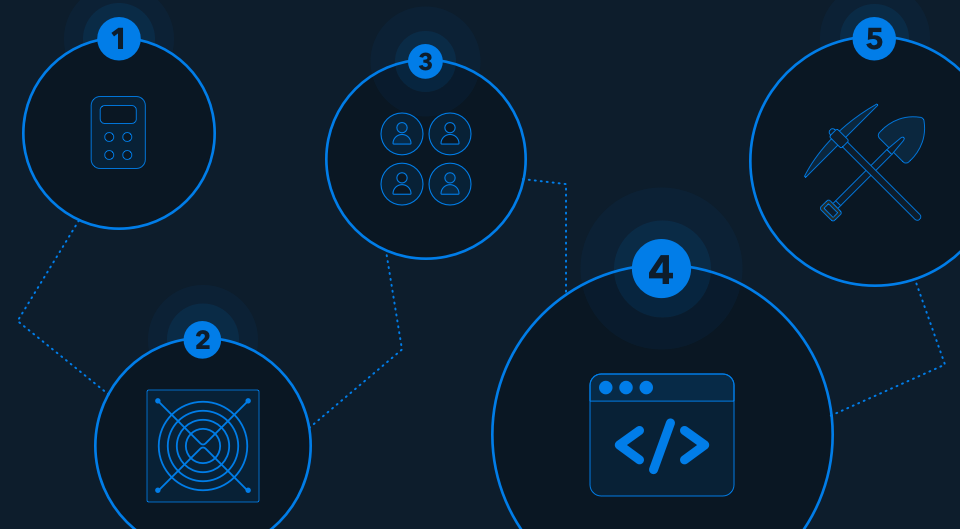
How to mine cryptocurrency?
Currently, there are no laws in the UK, nor in the USA against cryptocurrency mining or learning how to use a Bitcoin miner. In fact, there are various sources available for crypto farm mining. There are a few things to know before you start learning the process behind mining, though.
Firstly, if you’ve been wondering how much you can earn with Bitcoin mining, there is a limit of 21 million Bitcoins that can be mined. This figure is set to be reached approximately in 2140 and after this date, there will no longer be any Bitcoin to mine.
Secondly, mining Bitcoin is not a free gig. It costs thousands of dollars to mine a single coin (between $7000 – $11000 according to Minerdaily). Moreover, there are a large number of things to consider covering financially, such as electricity costs, purchasing a computer system with optimum processing power, a cryptocurrency mining rig, a Bitcoin mining machine, graphics card or graphics processing units (known as GPUs), and an ASIC application-specific integrated circuit).
The better quality of equipment you have, the more Bitcoin you’ll be able to mine. It also may be worth your time making sure you’re on the lowest electricity rate possible, as electricity will be your biggest cost.
What you will need:
- A profitability calculator – This is to ensure the crypto mining will be worth your time financially, calculating your possible earnings against your running costs.
- Choose your mining hardware – There are various ASIC devices available for you to compare the features and cost and ascertain which is ideal for your mining needs.
- Join a mining pool company/ community – Sometimes it’s better to work in numbers, and mining is no exception. Joining a reputable pool allows you to combine your resources together, for a better chance of finding a lead.
- Download mining software – You may be able to join a pool that has its own software. Alternatively, GUI mining software offers easier use.
- Start mining – Now you’re ready to mine! Don’t forget to set up a secure wallet to link to your rig.
It is also worth noting that many companies that provide pools, do not accept mining out of “hobby” and you may wish to look at Cloud Mining services that grant you access to a shared processing unit, without needing the hardware yourself.
Remember, mining crypto is not for everybody, and you may prefer to buy and trade Bitcoin on the exchange.
This publication is for informational purposes only and is not intended to be a solicitation, offering or recommendation of any security, commodity, derivative, investment management service or advisory service and is not commodity trading advice. This publication does not intend to provide investment, tax or legal advice on either a general or specific basis.
